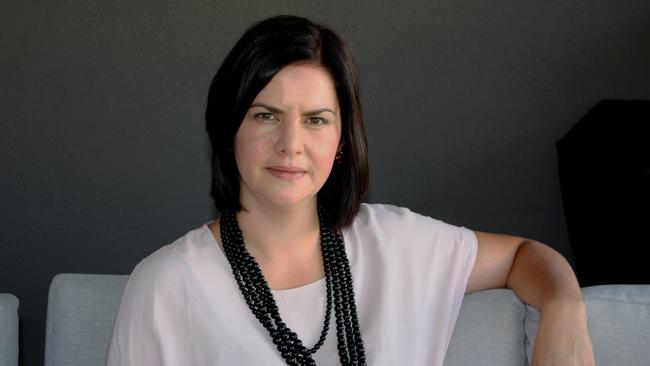How to reduce the cost of your private health insurance before April 1
PRIVATE health insurance members are being urged to review their cover before prices are hiked on April 1.
Costs
Don't miss out on the headlines from Costs. Followed categories will be added to My News.
SAVVY consumers can snare hundreds of dollars in savings on their private health just by demanding a better deal as insurers rake in an additional $654.2 million from the upcoming April 1 price increases.
Families will be slugged an additional $200 a year when the average premium increases of 3.95 cent kick in but desperate insurers will do almost anything to keep customers.
Many have rolled out a suite of incentives ahead including up to six weeks’ free cover, gift cards, trendy activewear, dining vouchers and even movie tickets to grab market share.
HEALTH: How some Australians can freeload and get free health cover
But industry experts are urging consumers to pick up the phone and demand a better deal or vote with their feet.
Financial services firm Canstar’s general manager of wealth Josh Callaghan said existing customers can be rewarded as well as new members signing up.

“A common thing the insurer will do is waive waiting periods, there’s often two or six months waiting periods on some extras,’’ she said.
“It’s obvious insurers have the ability to give incentives so if existing customers make enough noise and back up it with why they want to switch there’s no reason they shouldn’t be able to get access to those types of incentives.”
SAVINGS: Is your cash in the bank taking a hit?
Nationally 11.6 million people have private health cover — or 45.6 per cent of the population — a fall of about 17,000 in just 12 months.
Complacency remains a problem in the industry — new Canstar research surveyed 1500 health insurance customers and found 41 per cent have been with the same insurer for at least 10 years.

One of the nation’s largest insurers, Bupa, this month notified hundreds of thousands of members about multiple exclusions that would no longer be covered in their budget policies.
This included hip and knee replacements and cardiac-related services.
Mother-of-one Brittney Fawcett, 29, and her fiance Michael Russell, 31, pay about $260 per month for hospital and extras and said they were left frustrated after changing their level of cover.
“We downgraded our cover after having a baby and I kept getting different answers from different people at the fund for what we were actually covered for,’’ she said.
“I still don’t really know what I’m covered for and I found that’s not good enough.”
Medibank’s subsidiary AHM’s general manager Jan O’Keefe said often many people don’t bother reviewing their cover “because it all seems a bit too hard.”

“There are more than 40,000 products across 30 different funds so it’s not easy,’’ she said.
“Find out what cover you have today and if that still works for you.”
Disgruntled customers fed up with being caught out by hospital exclusions and incorrect direct debits, resulted in complaints to the Private Health Insurance Ombudsman hitting a record high, climbing by 30 per cent in 2016-17.
sophie.elsworth@news.com.au
GETTING A GOOD DEAL
1. Check what cover you have and does it suit you.
2. Check if you are entitled to a government rebate depending on your income bracket.
3. Look for discounts including prepaying your cover before the April 1 hike.
4. Direct debits can also result in discounts.
5. Review extras to see if you need them.
6. Check your gap payments.
7. Know your hospital cover excess, it can change the policy price.
8. Ask for a better deal or threaten to switch insurer.
9. Consider splitting hospital and extras to get a better deal on each.



